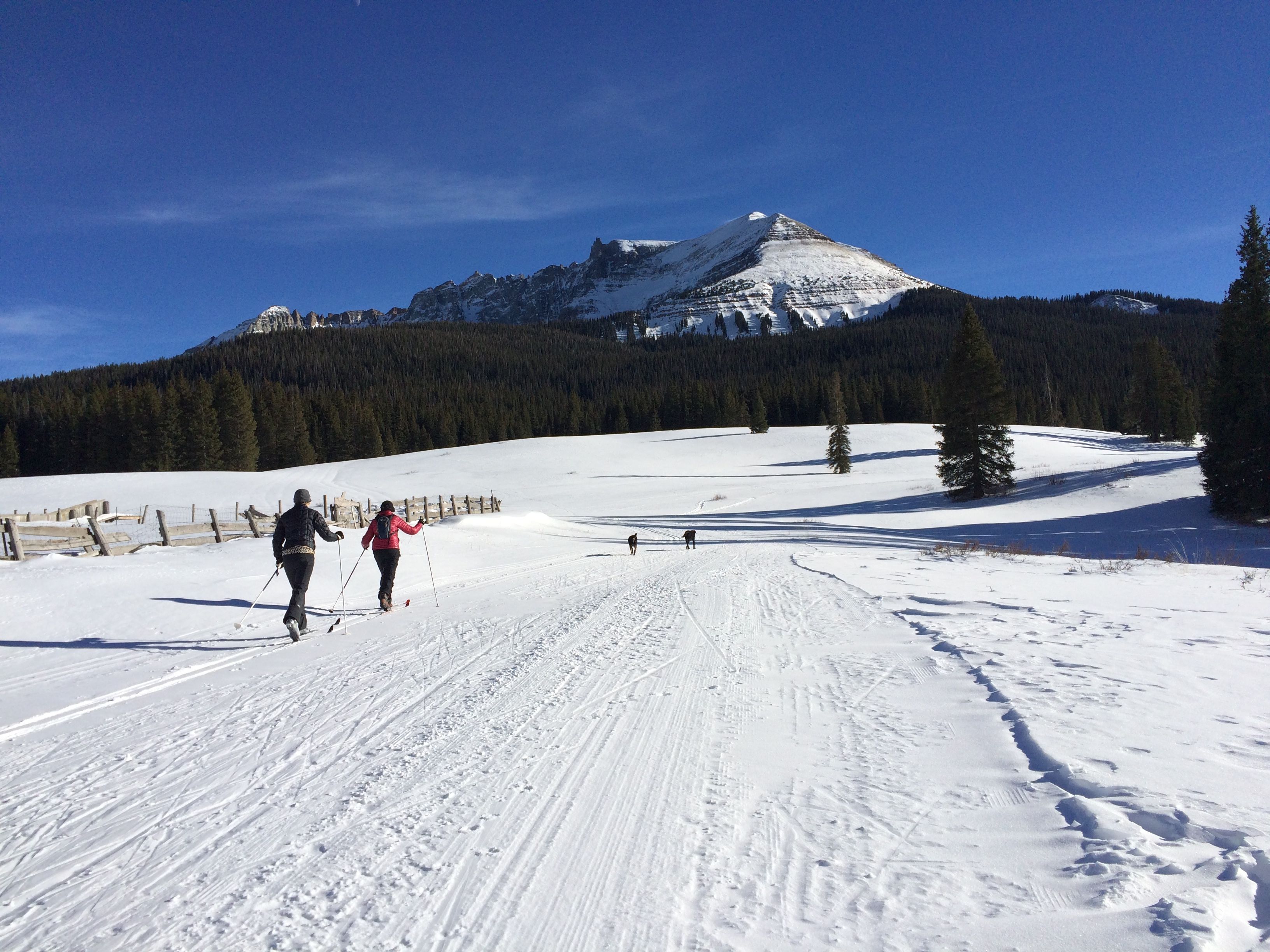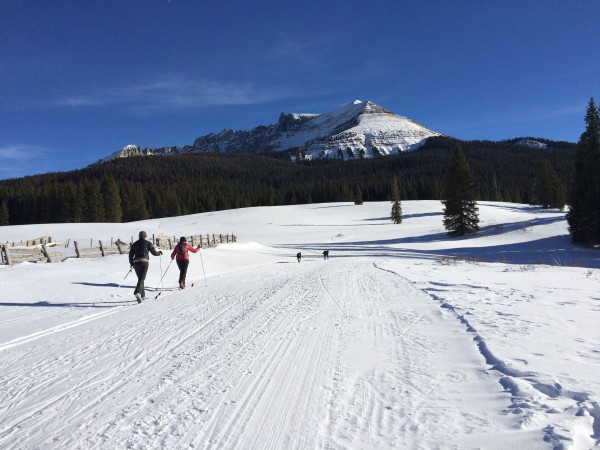
01 Dec Why We Feel Super in Nature
Kris Abrams is a nature-based psychotherapist and shamanic practitioner with Cedar Tree Healing Arts. I found her story, “10 Reasons Why We Feel So good in Nature” in EcoWatch and thought it was well worthing sharing – before or after your next foray into Telluride’s mountains.
Earth, rivers, mountains and trees! Silent canyons, babbling creeks and growing green gardens! If you spend time in nature, you’ve probably noticed that you feel happier out there than in here.
But why? One of the better known theories, the “biophilia hypothesis,” suggests that we love nature because we evolved in it. We need it for our psychological well-being because it’s in our DNA. This theory rings true to me. But it’s so broad, it also leaves me grasping for more. What is it about nature and our relationship to it, that brings us so much joy?
I’ve been asking this question for some years now. I’ve studied Ecopsychology, wilderness therapy and nature-based therapy. In my private psychotherapy practice, I work with clients in nature and bear witness to their experiences. And personally, I spend as much time as I can in nature. Putting all of this together, I’ve developed my own ideas about why nature makes us feel good and helps us heal. Here are the top ten:
10. Nature teaches you that there is nothing wrong with you.
Consider:
-
When you’re in nature, you don’t have to look in mirrors. Instead, you’re either focused on the setting around you, or on what you are doing, like climbing, setting up a tent, or gardening. Studies show that people’s body image improves when we spend time in nature, and I think this is part of the reason why.
-
When you’re alone in nature, or with a loving friend or group of people, you get sweet relief from sexism, racism, homophobia, transphobia, classism, and all the other ways we oppress, stigmatize and belittle one another.
-
On the contrary, nature displays incredible diversity in all her glory. There are fat trees and skinny ones, short ones and tall ones. Within a single clump of yellow flowers, you might see a pink one and realize that it’s a mutation. In nature, we don’t say ‘How wrong! That flower is different; that tree is fat!’ Instead, we say, ‘How beautiful!’ This impacts us below the level of thought…



Sorry, the comment form is closed at this time.